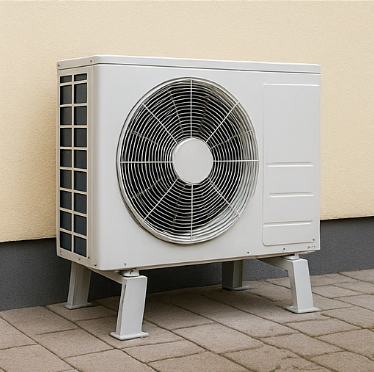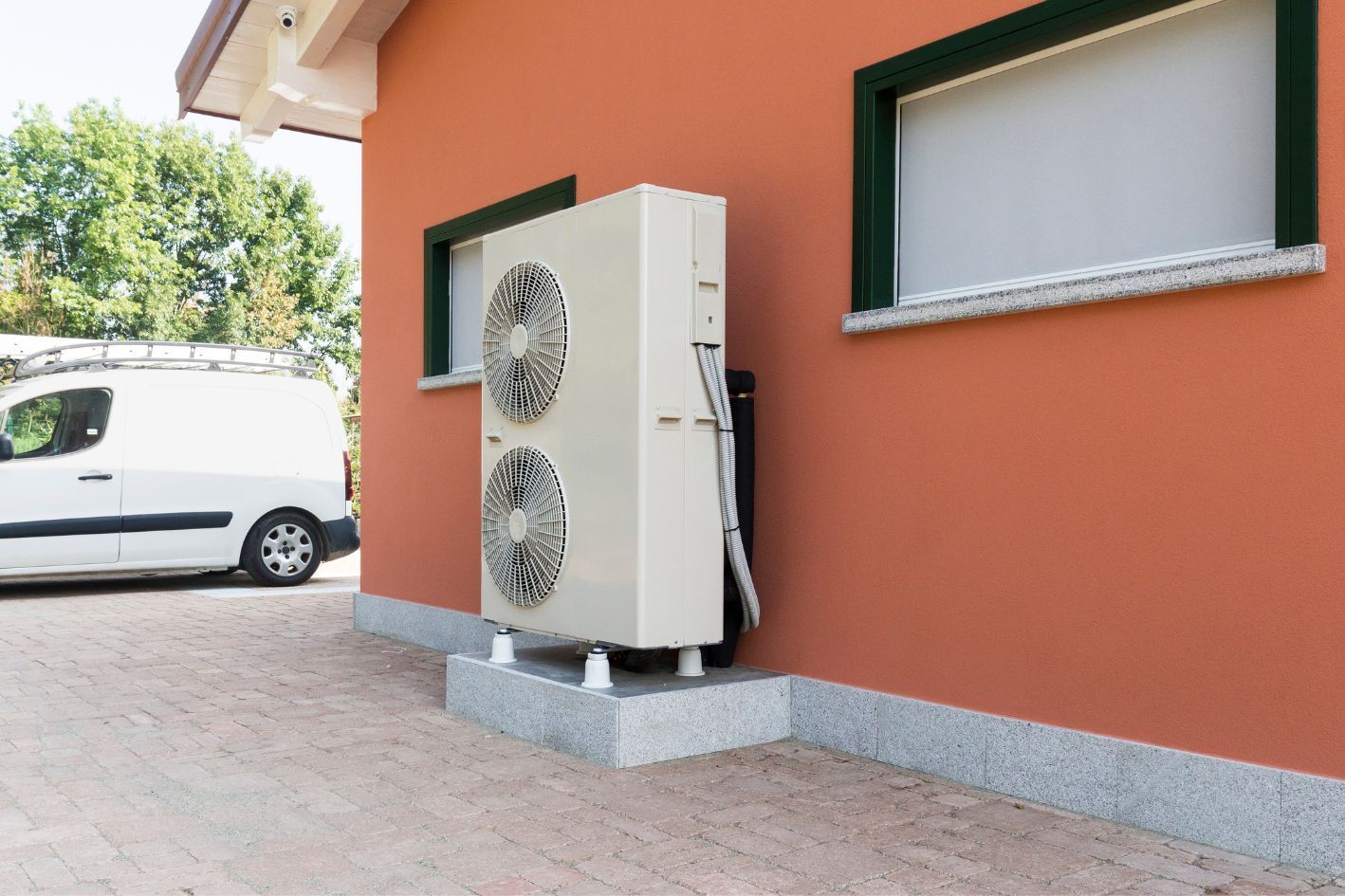Blend and Beautify: Innovative Ways to Hide Your Outdoor Air Source Heat Pump
Air source heat pumps have become increasingly popular for heating and cooling your home efficiently. However, choosing between a single-zone and a multi-zone system can be challenging. This guide will help you understand the differences and make an informed decision.
Understanding Single-Zone Systems
A
single-zone air source heat pump is designed to heat or cool one specific area of your home. These systems consist of one
outdoor unit connected to one
indoor unit. They are ideal for:
- Small apartments or studios
- Open-plan living spaces
- Homes with one primary living area
Single-zone systems are typically more cost-effective for smaller spaces and easier to install. They provide focused climate control in a single area, which can be beneficial if you spend most of your time in one room.
Exploring Multi-Zone Systems
Multi-zone air source heat pumps allow you to independently control the temperature in multiple areas of your home. These systems have one outdoor unit connected to multiple indoor units. They are suitable for:
- Larger homes with multiple rooms
- Houses with varying heating and cooling needs
- Families with different temperature preferences
Multi-zone systems offer greater flexibility and can be more energy-efficient in larger homes. They allow you to heat or cool only the used rooms, potentially reducing energy consumption.
Factors to Consider
When deciding between single-zone and multi-zone systems, consider:
- Home size and layout: Larger homes with multiple floors often benefit from multi-zone systems.
- Energy efficiency: Multi-zone systems can be more efficient for larger spaces, while single-zone systems work well for smaller areas.
- Installation costs: Single-zone systems are generally less expensive to install initially.
- Long-term savings: Multi-zone systems may offer more significant energy savings over time in larger homes.
- Comfort preferences: A multi-zone system might be preferable if family members have different temperature needs.
Making Your Decision
Ultimately, choosing between a single-zone and multi-zone air source heat pump depends on your needs, home size, and budget.
Consult a heating and cooling professional
to assess your home and recommend the best solution. By carefully evaluating your options, you can select a system that provides optimal comfort and efficiency for your living space.












